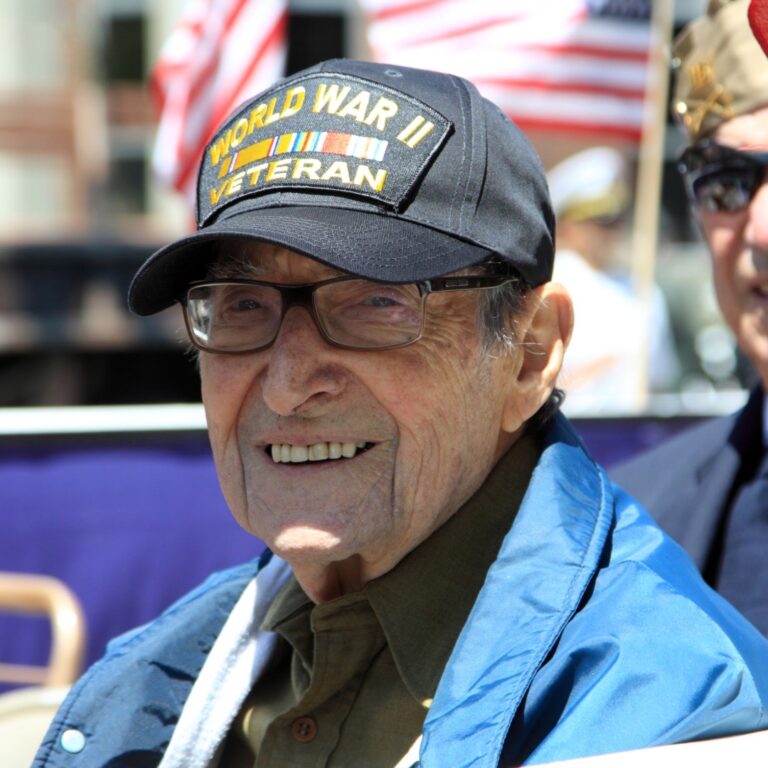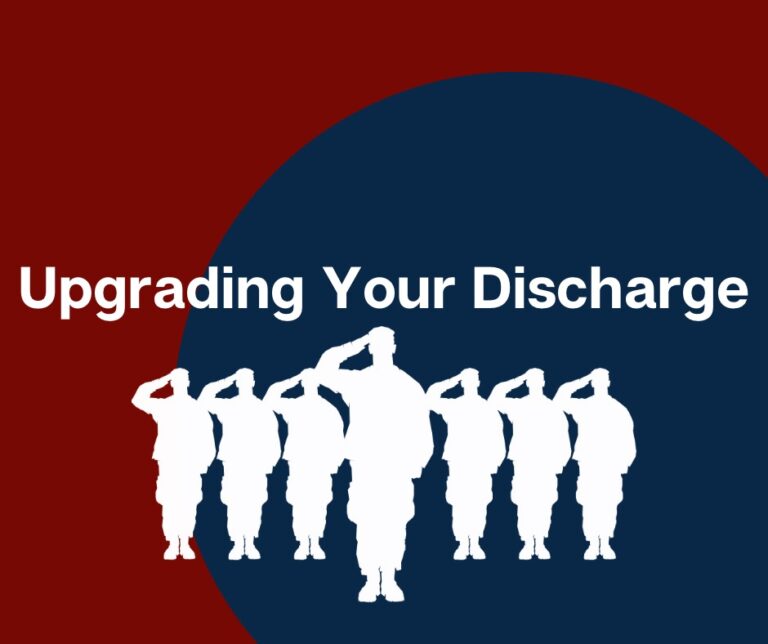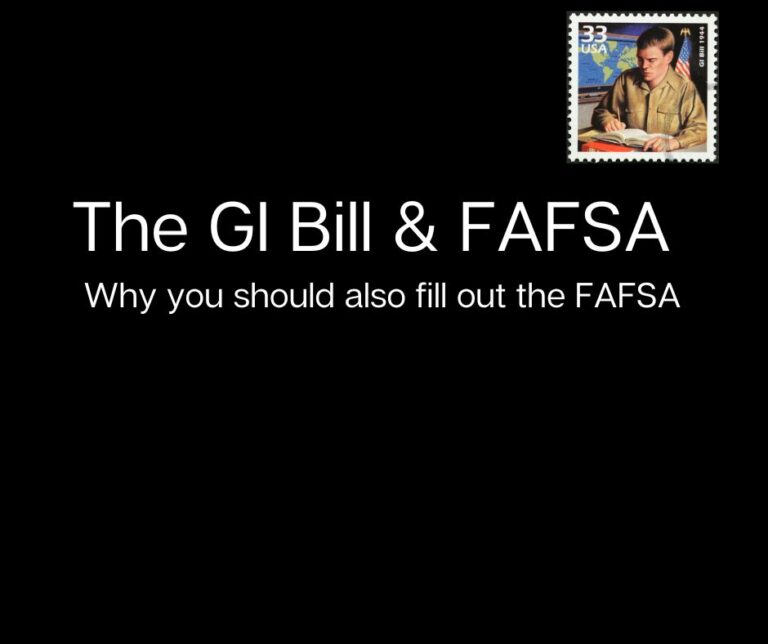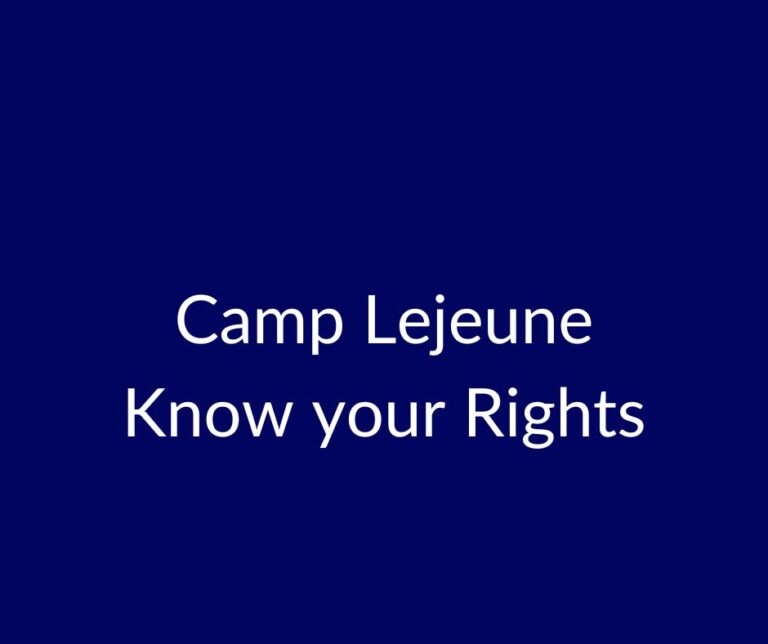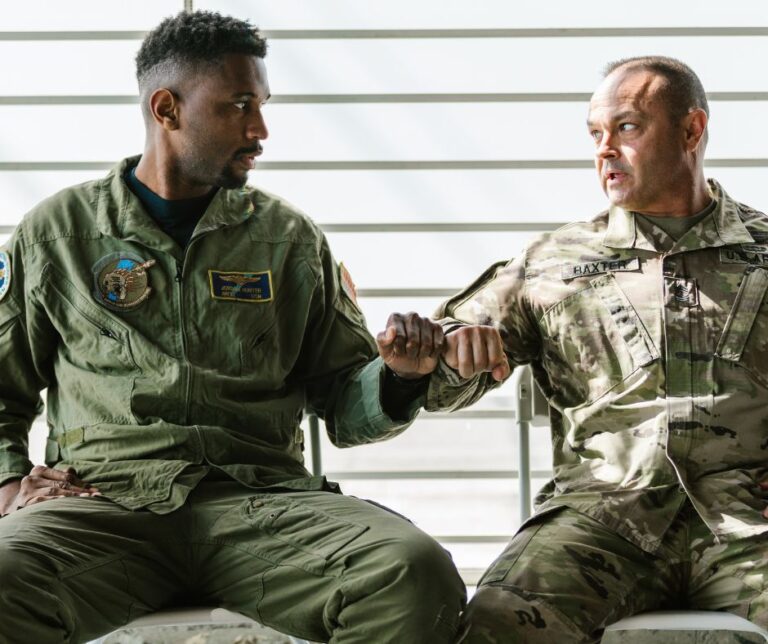Shining a Light on Caregivers
The landscape of service doesn’t end when the uniform comes off. For veterans, and for those who walk alongside them—family, caregivers, advocates—life after military service is often another kind of battlefield. If you have known a veteran who needed care, or you ARE a veteran in need of care, you will know how important caregivers are. That’s where the RAND Epstein Family Veterans Policy Research Institute steps in, not with weapons, but with data, empathy, and purpose.
The Epstein Family Veterans Policy Research Institute is part of the RAND Corporation, a name long associated with nonpartisan research and reasoned analysis. The Institute serves as a free, ever-growing repository of veteran-focused insight. It’s not just an academic exercise. It’s a mission—to bring clarity and direction to the complex systems and policies that shape veteran lives, and to do so with the kind of rigor and compassion that makes a difference in the real world. This isn’t just research for research’s sake—it’s research aimed at action.
Among its more recent and pointed efforts, the Institute has cast a long-overdue spotlight on America’s “hidden heroes”: military and veteran caregivers. They teamed up with the well-known Elizabeth Dole Foundation, to help amplify the voices of those who carry the weight of war long after their loved ones return home.Their efforts have included detailed reports as well as testimony on Capitol Hill.
RAND’s work also continues to dig into the intricacies of the veteran transition experience. For most veterans, transition from the military to civilian life comes with some difficulty. With backing from The Heinz Endowments, researchers have evaluated how both federal and nonprofit programs help (or fail to help) veterans move from military to civilian life. The goal? To ensure these programs aren’t just symbolic, but substantive, sustainable, and actually helpful.
RAND’s reach doesn’t stop there. Their findings span the lives of single-parent veterans and entire veteran families, branching into respiratory health concerns and even alternative drug treatments, all in the name of well-being. Each study is working toward a future where veterans are not left to navigate their needs alone or in silence.
One of the more sobering truths uncovered is how much geography still shapes a veteran’s fate. State-level policy, often overlooked, plays a crucial role in everything from healthcare access to suicide prevention. We have known that veterans in rural areas often have less access to many of the services received by veterans in more urban areas. Veterans in less affluent areas also experience difficulty in accessing many of the services they need. This concern is another area for RAND’s research.
All of this research isn’t just academic exercises. It’s hands-on, people-first, and designed to bridge the gap between policy and person. Veterans, their families, and those who serve them are invited to take part in this unfolding dialogue. RAND offers a bi-monthly webinar series where experts break down findings, discuss implications, and invite real-time engagement. For those wanting to stay plugged in, there’s a newsletter—an easy sign-up at the bottom of the Institute’s homepage (veterans.rand.org).


